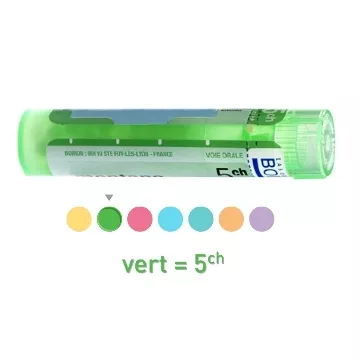

What is epistaxis and how does it manifest itself?
Epistaxis, more commonly known as nosebleed, refers to bleeding from the nostrils, nasal cavity or nasopharynx. This common phenomenon can be caused by a variety of factors, including dry air, trauma, infection, structural abnormalities or coagulation disorders. Symptoms are usually obvious, characterized by a flow of blood from one or both nostrils.
What are the main causes of epistaxis?
Epistaxis can be divided into two main categories: anterior and posterior. The former, the most common, is often less severe and originates in the anterior part of the nasal septum. The second, though less common, is generally more serious and originates in the blood vessels deep inside the nose.
Among the most frequent causes are :
How can epistaxis be prevented?
Preventing epistaxis involves a number of practical measures, including
What treatments are recommended for epistaxis?
Treatment of epistaxis varies according to severity and underlying cause. For light bleeding, simple measures can be effective:
For more severe or recurrent cases, medical intervention may be required, including :
When should I consult a doctor about epistaxis?
It is advisable to consult a healthcare professional if:
What complications can arise from untreated epistaxis?
Uncontrolled or recurrent epistaxis can lead to a number of complications, the most notable of which include anemia due to significant blood loss, inhalation of blood that can cause pneumonia, and, rarely, fatal outcomes if bleeding is extremely profuse and unmanaged. Medical consultation is essential when bleeding is frequent or profuse to prevent these risks.
Are there groups of people more likely to suffer from epistaxis?
Children and the elderly are particularly susceptible to epistaxis, but for different reasons. In children, it's often due to curiosity, leading to self-inflicted nasal injuries or foreign bodies in the nose. For the elderly, causes often include underlying medical conditions such as hypertension or the use of drugs that affect coagulation, such as anticoagulants.
Can I play sports if I'm predisposed to epistaxis?
It is possible to take part in sports even if you are prone to frequent epistaxis, but certain precautions must be taken. It's advisable to keep the nostrils well hydrated with saline nasal sprays, and to avoid contact or high-risk sports without adequate protection. In addition, it may be advisable to consult a doctor for preventive treatments if episodes are very frequent.
Does climate change affect the frequency of epistaxis?
Yes, climate change can influence the frequency of epistaxis. For example, dry, cold winter air can increase the risk of nasal bleeding due to desiccation of the nasal mucosa. Similarly, very hot, dry environments, such as those encountered in summer or desert climates, can also predispose to more frequent bleeding.
What advanced medical treatments are available for severe epistaxis?
For severe cases of epistaxis, where conventional treatments are insufficient, several advanced options may be considered. Ligation of the arteries responsible for bleeding can be performed to control bleeding.Embolization, which consists in blocking the artery by endovascular means, is another option for refractory cases. These treatments require assessment and intervention by specialists in a hospital setting.